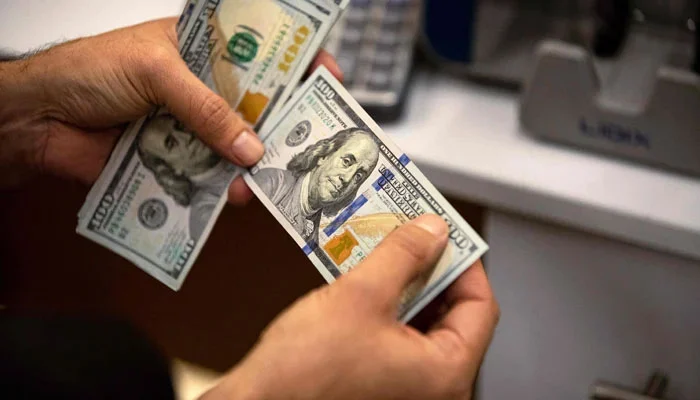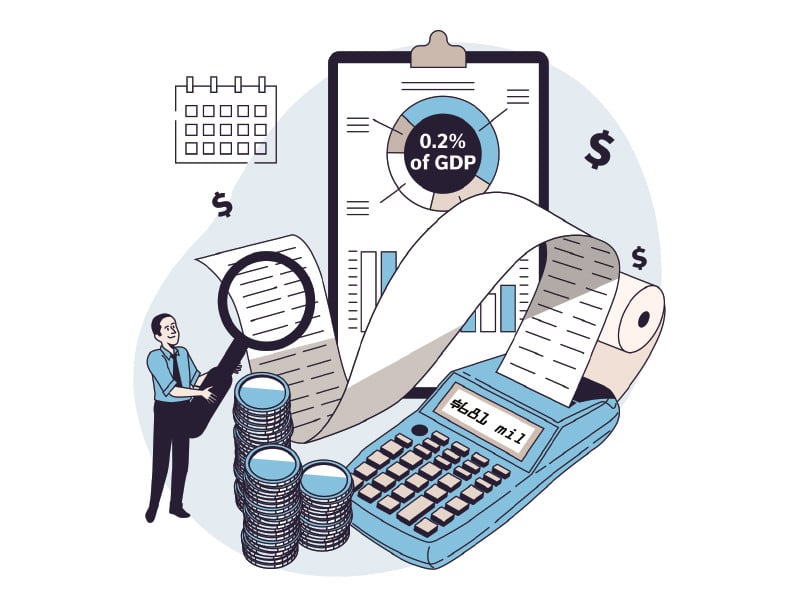Published in The News on February 12, 2024
KARACHI: Pakistan received $2.4 billion in remittances from its overseas workers in January, up by 0.6% from the previous month, said the State Bank of Pakistan (SBP) in a statement on Monday.
“In terms of growth, during January 2024, remittances increased by 0.6% on month-on-month and 26.2% on a year-on-year basis,” said the central bank.
The central bank also shared that in the first seven months of the ongoing fiscal year, the workers’ remittances stood at $15.8 billion.
As per the SBP, out of the $2.4 billion, Pakistani workers from Saudi Arabia sent $587.3 million, $407.6 million from the United Arab Emirates (UAE), $362.1 million from the United Kingdom and $283.4 million from the United States.
In December 2023, the remittances from overseas workers rose 13.4% to $2.4 billion a stable currency and signs of economic recovery.
The remittances increased by 5.4% on a month-on-month basis. These inflows totaled $2.2 billion in the previous month.
The SBP’s statistics showed that the largest remittance inflows came from Saudi Arabia, where they increased by 9% to $578 million in December. Pakistani nationals working in the UAE sent $419 million home in December, a 27% increase over the $331 million they sent home in the same month the previous year. Remittances from the UK rose to $368 million, a 15% rise.






